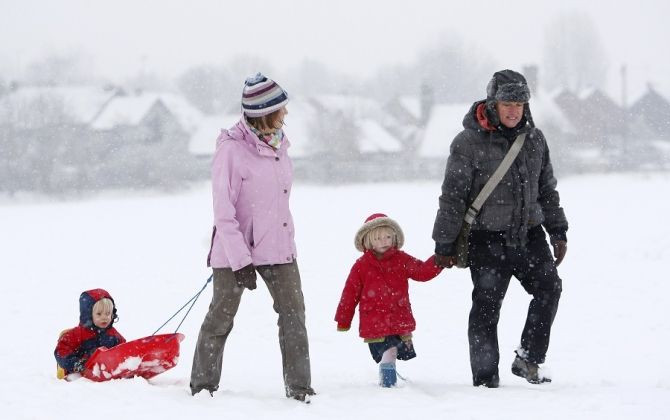To Limit Disease in the Future, Children May Have Three Parents

Can a child have three biological parents? Britain has now launched a public consultation to find an answer to the ethical question about a child having three biological parents.
The public consultation has been launched by the Human Fertilization and Embryology Authority (HFEA).
About one in every 200 people has mitochondrial defects, HFEA says. Mitochondria are the "power house" of the cells in the body. They have their own DNA known as mitochondrial DNA.
At times, there might be defects in the mitochondrial DNA. These defects are maternally inherited and can be mild and negligible to severe defects like muscle weakness and heart disease. Typically, organs that are most affected by an abnormal mitochondria are those that require lots of energy to function like brain, heart and muscles.
The three-parent fertility treatment aims at replacing this maternal mitochondrial DNA in the embryo with a healthy donor's mitochondrial DNA. In this procedure, a donor's mitochondria are used to create a healthy embryo.
The healthy embryo, free of defects, is then placed in the woman's body after standard IVF treatment. Technically, the child born will have genetic material from three people and this genetic material will pass through generations.
"The Government has asked us to take the public temperature on this important and emotive issue," said Professor Lisa Jardine, Chair of the HFEA.
"The decision about whether mitochondria replacement should be made available to treat patients is not only an issue of great importance to families affected by these terrible diseases, but is also one of enormous public interest," Jardine said
The HEFA has launched a new website which can be accessed by anyone who wishes to add his/ her views on the topic or learn about mitochondrial replacement.
Published by Medicaldaily.com



























